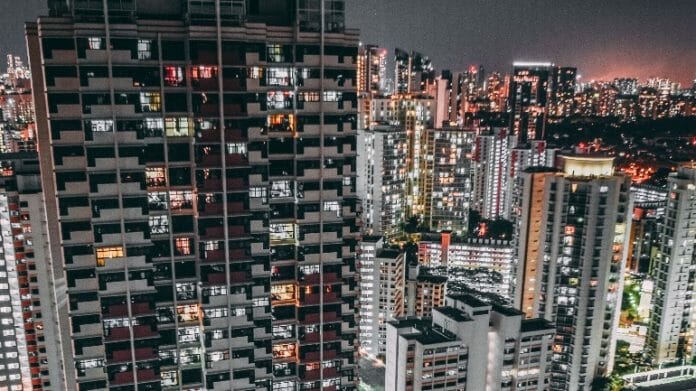The electricity tariff will increase by an average of 1.2 percent in the third quarter of this year, SP Group said on Friday (Jun 30).
This translates to an increase of about 0.31 cents per kWh before Goods and Services Tax (GST), the utilities provider said
SP Group said the increase is due to higher energy costs compared with the previous quarter.
This is the first electricity tariff increase after the past three quarters saw decreases.
For households, the electricity tariff before GST in the July to September quarter of this year will increase from 27.43 cents per kWh to 27.74 cents per kWh.
The average monthly electricity bill for families living in four-room Housing and Development Board (HDB) flats will increase by S$1.14 (US$0.84) before GST, said SP Group.The utilities provider reviews the electricity tariffs every quarter based on guidelines set by the Energy Market Authority (EMA).
The electricity tariff consists of four components – energy costs paid to the generation companies, network costs and market support services fees paid to SP Group, as well as market administration and power system operation fees paid to the energy market company and power system operator.
The energy costs component is adjusted quarterly to reflect the changes in the cost of fuel and power generation. The fuel cost is the cost of imported natural gas, which is tied to oil prices by commercial contracts.
The cost of power generation covers mainly the costs of operating the power stations, such as the manpower and maintenance costs, as well as the capital cost of the stations.
INCREASE IN GAS TARIFF
The gas tariff for households will also increase for the Jul 1 to Sep 30 period.
It will go up by 0.23 cent per kWh, from 21.68 cents per KWh to 21.91 cents per kWh before GST, City Energy said on Friday.
The increase is due to higher fuel costs compared with the previous quarter, City Energy added.
City Energy reviews the gas tariffs based on guidelines set by EMA, which regulates the gas industry.









